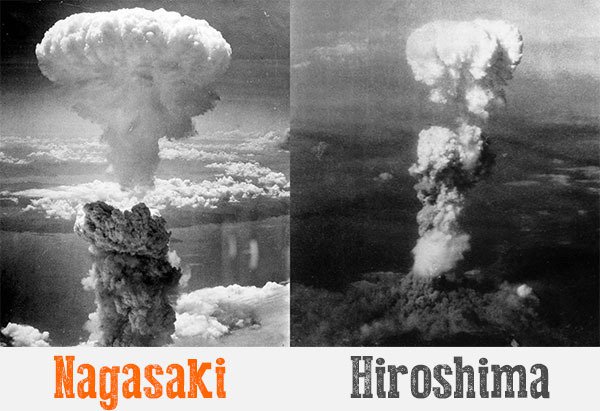Seventy-eight years ago, on August 6, 1945, the world witnessed a horrific event that forever changed the course of human history. The city of Hiroshima in Japan became the target of the first-ever wartime use of an atomic bomb. This catastrophic event led to unimaginable devastation, immense loss of life, and an enduring impact on the global consciousness. Remembering Hiroshima goes beyond merely recounting historical facts; it serves as a poignant reminder of the enduring consequences of war and humanity’s quest for peace.
Historical Context

The events leading up to the bombing of Hiroshima were shaped by World War II, a conflict that engulfed the world in unprecedented violence and destruction. The Japanese government had been a formidable adversary to the Allied forces, and the United States, desperate to bring the war to a swift conclusion, made the difficult decision to use the newly developed atomic bomb as a means to force Japan’s surrender.
The Devastation
On that fateful day, the Enola Gay, a B-29 bomber, dropped the atomic bomb, codenamed “Little Boy,” over Hiroshima. The explosion, with a force equivalent to 15,000 tons of TNT, instantly killed an estimated 70,000 people. In the following months, the death toll rose due to the effects of radiation exposure, claiming the lives of tens of thousands more. The overwhelming majority of the casualties were civilians, including women, children, and the elderly. Entire families were wiped out in an instant, leaving behind a landscape of ruins and grief-stricken survivors.
The Aftermath
The aftermath of the Hiroshima bombing left the city in ruins, with infrastructure destroyed, hospitals overwhelmed, and resources depleted. Survivors faced unimaginable suffering from acute injuries, burns, and radiation sickness, while grappling with long-term health consequences that would persist for generations. Beyond the physical scars, the emotional trauma of losing loved ones and witnessing such destruction would haunt survivors for the rest of their lives.
A Call for Peace
As the world witnessed the unspeakable horrors of Hiroshima, a global call for peace emerged. The devastating power of the atomic bomb galvanized international efforts to prevent the proliferation of nuclear weapons and avoid the escalation of conflicts into catastrophic proportions. The memory of Hiroshima serves as a stark reminder of the need for diplomacy, cooperation, and non-violent resolution of conflicts in a world threatened by the specter of nuclear war.
A Path Forward
In remembering Hiroshima, we must confront the dark chapters of history while looking forward to building a more peaceful world. Our collective responsibility lies in promoting dialogue, understanding, and empathy among nations and peoples. The pursuit of peace should guide our actions, policies, and aspirations, striving for a future where the devastation of Hiroshima is never repeated.
Find More International News Here




 From Assam Hills to London: GI-Tagged Ka...
From Assam Hills to London: GI-Tagged Ka...
 Deadly Cassava Virus Threatens Africa’s ...
Deadly Cassava Virus Threatens Africa’s ...
 Top 10 Richest People in the World 2026:...
Top 10 Richest People in the World 2026:...








